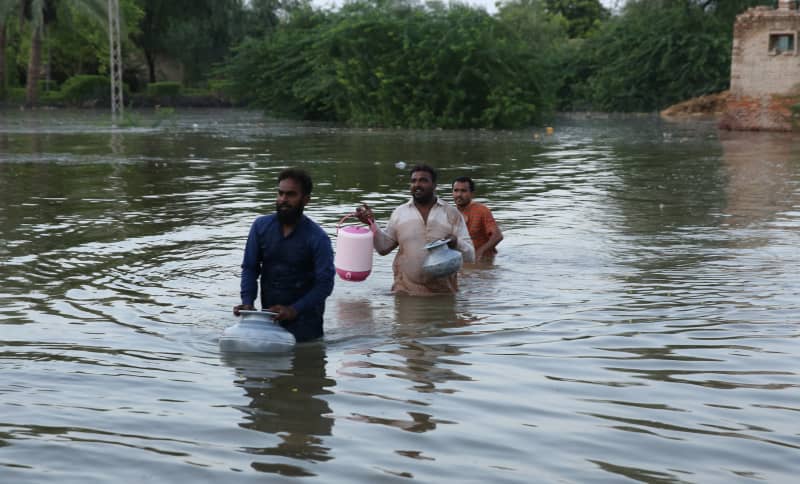Poor countries arrive at the meeting more demanding than before. They want the rich industrialized countries to finally take responsibility for hurricanes and flood damage, writes Hanna Eskonen, reporter who follows Yle’s climate policy.
– I do not deny that reducing emissions is important. But it’s just a story of past failure: promises made and promises broken.
Professor and director of the large climate institute ICCCAD, Huq has been sparring climate negotiators representing developing countries for years.
The straightforward words tell about the situation that lies ahead in the UN climate talks in Egypt that start today.
In fact, this meeting is no longer only about reducing climate emissions and whether the 1.5 degree target recorded in the Paris Agreement will be maintained.
The biggest drama is elsewhere – at least if you ask the representatives of developing countries.
Among others, Huq speaks in their voice, and he has a clear message for the negotiating team heading to Egypt:
– Next, we will decide how we handle the consequences of climate change, i.e. damages and losses.
In other words, according to Huq, the destruction caused by global warming should be next on the agenda of the climate meetings.
And especially who pays for them.
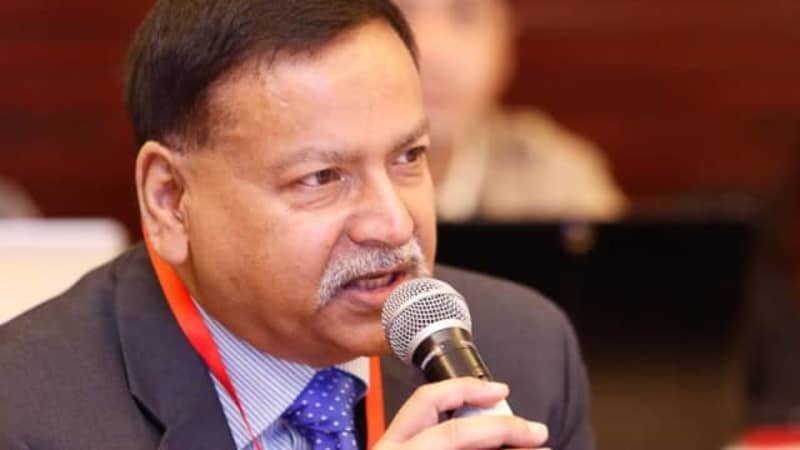
It will be the first meeting where the actual discussion about the climate agreement itself will not take place.
The joint agreement of all the countries of the world was sealed in Paris in 2015 after years of arguing.
After that, the rules of the agreement were negotiated for six years. They decided, among other things, how countries report on the emission reductions required by the climate agreement.
The massive rule book was finally put to rest a year ago in Glasgow. The Paris climate agreement officially entered into force the following year.
The meetings will continue, but their nature will change.
In the future, the promises made by the countries to reduce emissions will be monitored, so that the goal of the agreement, a warming of less than two degrees, remains at least somehow in sight.
And then there are the even more grumpy developing countries.
The demand for compensation for climate damage is not new. Developing countries have been pushing for it at climate conferences since the 1990s.
However, the pressure has increased as the destruction has increased.
In recent years, it has become clear that natural disasters and irreversible environmental changes caused by warming are already here.
Europe has also experienced floods that have claimed human lives.
However, the harshest consequences are in the global south. The most obvious example is Pakistan, where heavy rains and the melting of mountain glaciers have covered a third of the entire country under water.
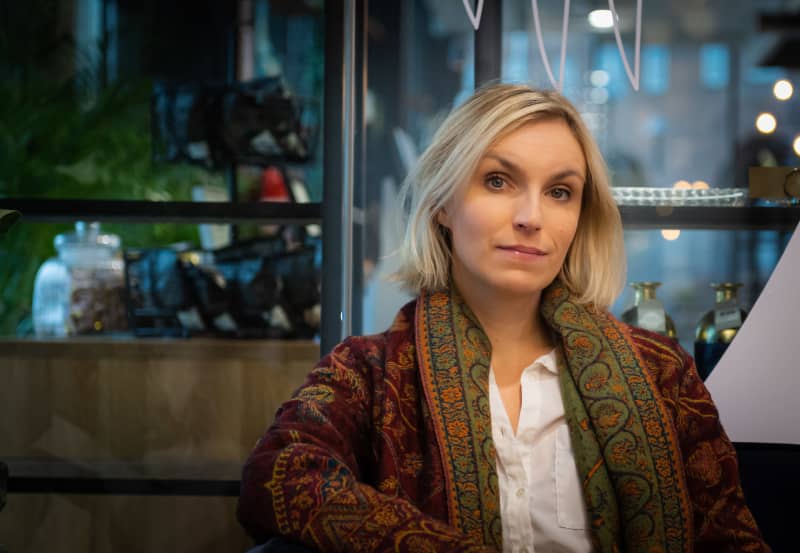
Rich industrialized countries have caused the lion’s share of climate emissions. Poor countries, which have released much less, suffer the most serious consequences.
From their point of view, it is no longer about climate emissions.
For years, developing countries did not manage to get the topic of loss and damage on the official agenda of climate meetings at all.
However, there has been some progress recently.
At the Glasgow climate meeting, the topic came to the surface, pushed by the group of countries formed by developing countries and China. In the end, it was decided to establish a dialogue, where it is promised to be discussed for two years.
Runeberg says that developing countries think it is just a \”discussion club\” that has the power to decide on the most important thing: money.
In Egypt, developing countries and China again have a clear demand for industrialized countries. They want a completely new financing mechanism through which the industrialized countries would compensate the damages to the developing countries.
The votes have hardened, and this time the lobbying has also been successful. The message about the demand has gone through the mainstream media.
According to Runeberg, frustration, despair, rage and a strong experience of injustice smolder behind the scenes.
– The unequal development of climate change has been fast, he says.
– If the financing of losses and losses doesn’t end up there, the climate meeting has failed before it even started, Huq said at Fingo’s event.
However, money is still in a strong headwind.
The EU and the United States, which are among the biggest gamblers at the meeting, are against opening a completely new money tap.
The reason is simple: there is simply no such money.
Honkatukia is one of the EU’s three chief negotiators at the climate meeting.
He says that the EU does not disagree with developing countries’ need for money. The EU’s position, on the other hand, is that aid should be delivered through, for example, humanitarian organizations.
– When a hurricane hits, we definitely want the Red Cross to be there on the spot and not an official from the climate meeting.
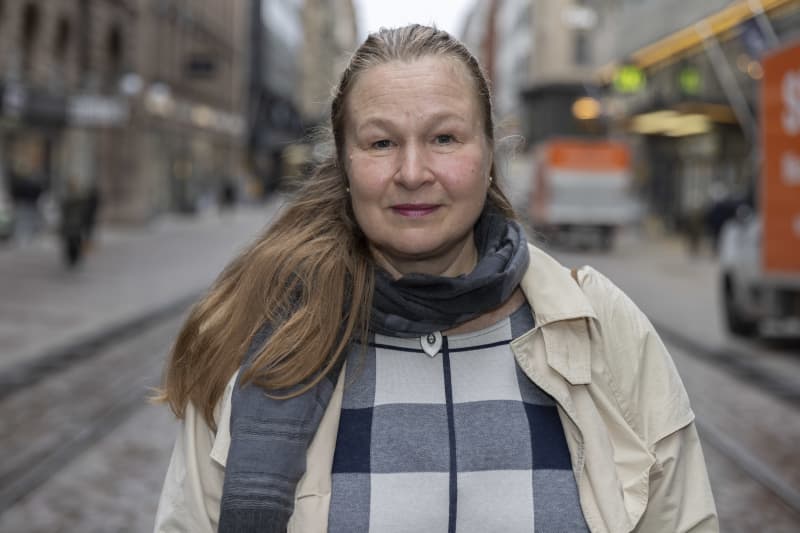
Already in 2009, it was decided that industrialized countries will direct 100 billion dollars to climate action in developing countries from 2020. The money had to be divided equally between reducing emissions and adapting to the consequences of climate change.
However, the industrialized countries have not delivered on their promise.
A recent statistic shows that in the first year, money accumulated only a little over 80 billion. It is known that the goal has not been reached this year either.
But even if the money is raised, adaptation is different from inevitable loss or destruction. Building flood walls to save farmland is already too late in many areas.
Hurricanes are raging, even though warming has only progressed by a fair degree since pre-industrial times.
Even the commitment of the EU, which is considered the most ambitious, to reduce its emissions by at least 55 percent compared to the 1990 level is not sufficient compared to the goal of the Paris Agreement.
Outi Honkatukia agrees that the political attention should be precisely on climate destruction, even if no new money is released at this meeting.
– It is justified when you look at what has happened this year as well. Disasters have increased. The acute climate crisis is here, here and now.
Runeberg says that representatives of developing countries believe that industrialized countries are afraid.
– If industrialized countries were to grant their compensation obligations to developing countries, the price tag of accelerating climate change would soon be very large. Currently, however, the poor in developing countries are paying the greatest costs, even with their lives.
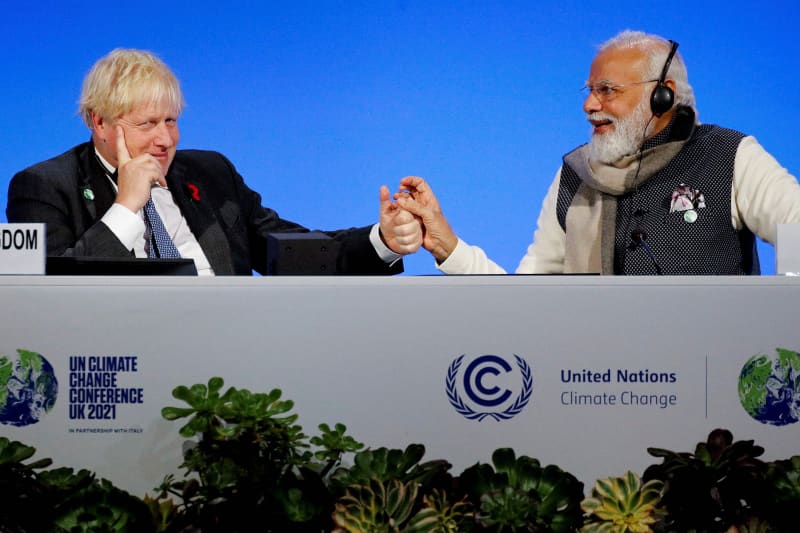
There are, among other things, a number of countries that have not condemned Russia’s attack on Ukraine. Russia is also involved in the climate negotiations itself.
The preparation of the meeting has been controversial. Among other things, we have seen a walkout after the speeches given by the Russian negotiators.
Egypt has appealed to the participants of the meeting that geopolitical tensions should be kept outside the climate negotiations, but the country itself also brings its own contradictions.
This year, the stage of international climate diplomacy is a military dictatorship known for human rights violations. It has hinted in advance, among other things, that it will limit the participation of non-governmental organizations in the climate meeting.
In addition to the final rules agreement, several initiatives to speed up climate action were drawn up there. In addition, India, the world’s third largest climate emitter, came to the meeting to announce its carbon neutrality goal, which had been exhausted until then.
The 1.5 degree goal of the Paris Agreement was kept alive.
This year, too, the measure of the success of the climate meeting is whether the most important goal of the climate agreement remains a flame of life.
According to Guterres, the gap between rich and poor countries is the main topic of discussion at the upcoming meeting.
Rich Western countries have failed to reduce emissions and reneged on promises of adaptation money to developing countries, the UN’s top official said, according to The Guardian.
Therefore, according to Guterres, they should conclude a \”historic agreement\” with poor countries.
In his opinion, the question of the losses and losses of poor countries has only been moved forward.
– The current climate policy leads to disaster. We cannot change the situation if the agreement between developing countries and industrialized countries is not fixed, Guterres said.

